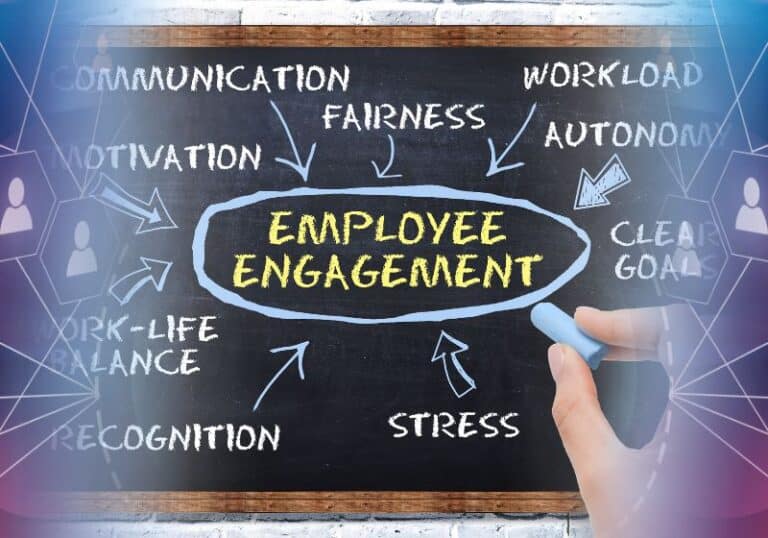Impulsive Resignations – 8 Actionable Strategies for Employers

In today’s fast-paced work environment, impulsive resignations have become a more frequent challenge for employers. Such decisions, often made in the heat of the moment, can leave a business in a difficult position, both operationally and culturally. Recognising the complexity and sensitivity of these situations is essential. In response, we have compiled a comprehensive guide aimed at helping employers handle these delicate scenarios.
Pause and Reflect:
Resist the urge to accept the resignation immediately. Allow a cooling-off period for both parties. This time can enable the employee to reconsider their decision and provide a more considered response.
Understand the Legal Framework:
Familiarise yourself with the nuances of employment law regarding impulsive resignations. Knowing the legalities can help you make informed decisions and protect your organisation from potential legal challenges.
Document Everything:
Record the exact words and context of the resignation. Note down any witness accounts and the overall circumstances leading to the resignation. This documentation can be invaluable if the resignation leads to legal proceedings.
Communicate Openly:
Engage in a dialogue with the employee after the heat of the moment has passed. Discuss the circumstances of the resignation and explore whether it was a genuine intention or a spur-of-the-moment decision.
Offer a Reconsideration Period:
Encourage the employee to take some time to think about their decision. Suggest that they submit a formal written resignation after this period if they wish to proceed.
Seek Professional Advice:
Consult with HR professionals or legal counsel to understand your position and obligations. Each case can have its nuances, and professional advice can guide you through the legal and ethical implications.
Consider the Employee’s History:
Reflect on the employee’s track record and behaviour patterns. Understanding their past actions can provide insights into whether the resignation was out of character and possibly made in haste.
Evaluate and Act Accordingly:
If the employee does not retract their resignation within a reasonable timeframe, or if upon discussion, it seems like a genuine decision, proceed with the necessary steps to accept the resignation formally.
By following these action points, employers can handle impulsive resignations effectively, maintaining a balance between legal compliance, organisational needs, and employee well-being. It’s about navigating the fine line between swift decision-making and empathetic leadership to ensure a positive outcome for both the individual and the company.
Looking for more information on this topic please see our recent newsletter article
Explore the full spectrum of human resource solutions with HR:4UK. Our expertise spans a comprehensive range of services, designed to streamline your HR processes, enhance employee satisfaction, and ensure legal compliance.
From managing complex employee relations to implementing effective HR strategies, our team is dedicated to supporting your business’s unique needs. Discover how we can help by visiting our Services page and start your journey towards a more efficient and compliant workplace today.
Your inquiries are always welcome.
Angela Clay
A qualified employment law solicitor and our managing director, Angela has unparalleled legal expertise and decades of experience and knowledge to draw from. She’s a passionate speaker and writer that loves to keep employers updated with upcoming changes to legislation, and is a regular guest speaker on BBC Leicester Radio.




